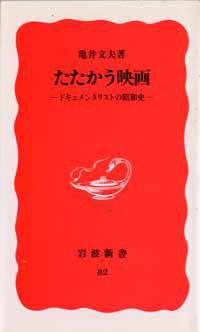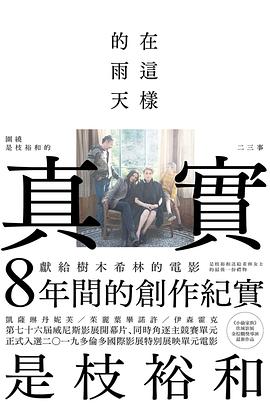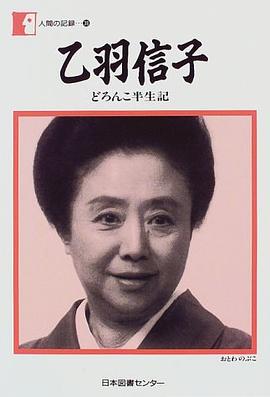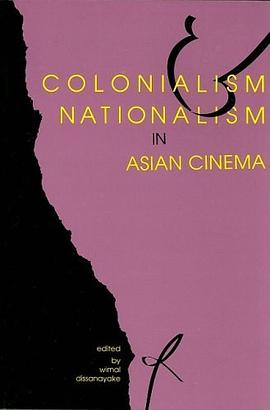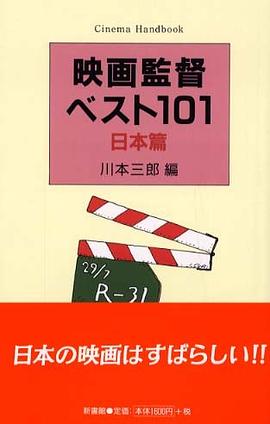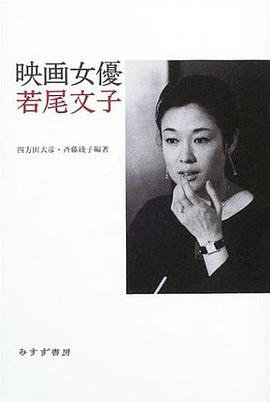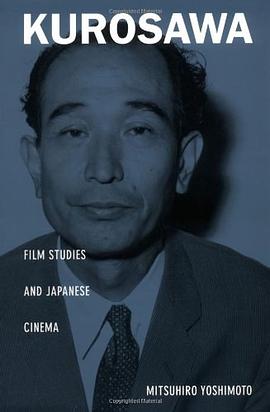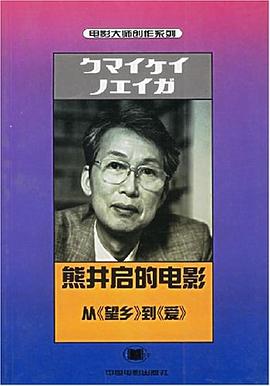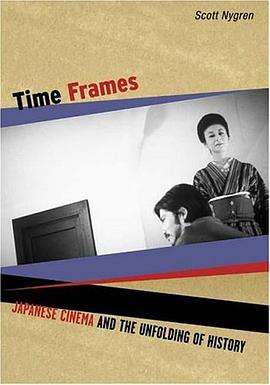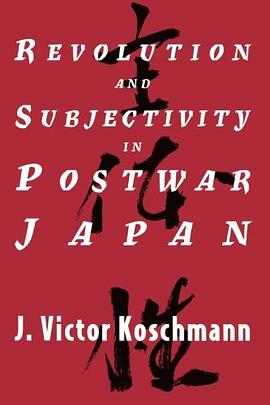

After World War II, Japanese intellectuals believed that world history was moving inexorably toward bourgeois democracy and then socialism. But who would be the agents - the active "subjects" - of that revolution in Japan? Intensely debated at the time, this question of active subjectivity influenced popular ideas about nationalism and social change that still affect Japanese political culture today. Here, J. Victor Koschmann analyzes the debate over subjectivity. He traces the arguments of intellectuals from various disciplines and political viewpoints, and asserts that despite their stress on individual autonomy, they all came to define subjectivity in terms of deterministic historical structures, thus ultimately deferring the possibility of radical change in Japan.
具体描述
读后感
评分
评分
评分
评分
用户评价
相关图书
本站所有内容均为互联网搜索引擎提供的公开搜索信息,本站不存储任何数据与内容,任何内容与数据均与本站无关,如有需要请联系相关搜索引擎包括但不限于百度,google,bing,sogou 等
© 2025 book.wenda123.org All Rights Reserved. 图书目录大全 版权所有


